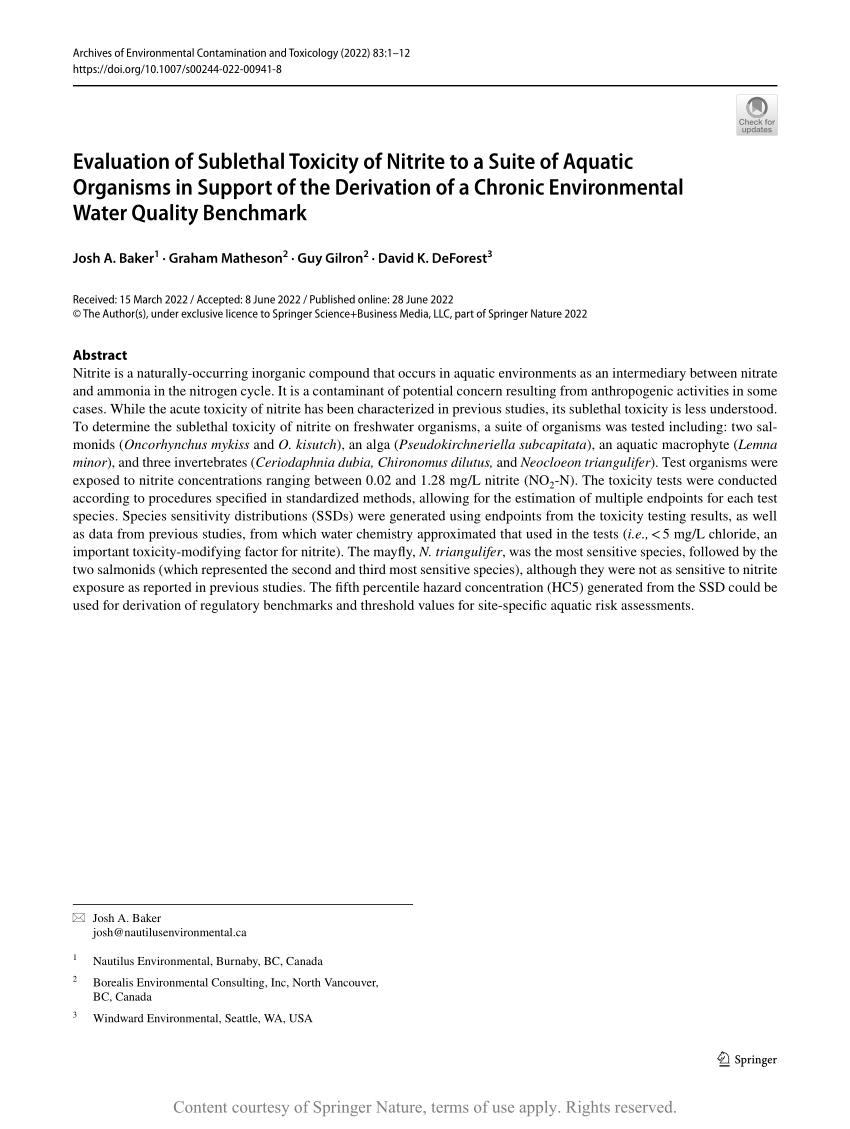
There are currently 88.099 consultant positions in DC. But where can they be found? Read on to learn more about the job duties, skills, and compensation of a consultant. Here are some tips to help you get a job as consultant. These tips will make it easy for you to land your next consulting gig. Start looking for your next job in consulting. This could be your best career decision!
Consultants' duties
Many duties fall under the purview of a consultant. This includes managing client engagements, solving difficult problems, and researching and developing technology. Consultants can be involved in multiple projects. Some may even be required to travel 50% of their time. Many companies offer benefits that include flexible work hours and coverage for health care. Here are some examples from the types of DC consulting jobs. You could be the perfect candidate for a job as a consultant if you have the right skills.
Skills needed
The District of Columbia Advisory Neighborhood Commission 1B hired a consultant as an administrative assistant. Consultants should be able to solve problems and work with others. Candidate must have excellent communication skills, and the ability to work with a diverse group of people. He or she should be passionate about community involvement and be eager to discover new ways to improve processes. Additionally, he/she should be able and willing to work within the tight deadlines.
Compensation
Washington, DC's consultant jobs offer a higher salary than other similar occupations. This job requires a Bachelor’s Degree and three years' progressive experience. Additionally, you will need to have strong technical and legal knowledge. We will be discussing some of the factors that you should consider when considering a DC consulting job. Consider your education background first. Many consultants hold Master's degrees.

The Compensation Consultant is responsible for supporting the business unit in terms of compensation. They develop and implement global compensation programs. They also participate in compensation surveys and perform competitive analysis of results. They can assist with employee recognition programs and employee rewards design, among other HR-related functions. These consultants are often responsible in creating annual incentive plans and conducting compensation surveys. This role determines whether the compensation program of a company is competitive.
FAQ
Which industries use consultants?
There are many different types of consultants. There are many types of consultants. Some specialize in one type of business, while others can handle multiple areas.
Some consultants work exclusively for private businesses, while others represent large corporations.
Many consultants also work internationally to assist companies from all corners of the globe.
What kind of contracts can consultants sign?
Most consultants sign standard employment agreements when hired. These agreements outline how long the consultant will work for the client, what he/she will get paid, and other important details.
Contracts can also indicate the areas of expertise that the consultant will concentrate on and the compensation they will receive. The agreement might state that the consultant will conduct training sessions, workshops or webinars.
Other times, the consultant simply agrees to complete specific tasks within a specified timeframe.
Many consultants sign independent contractor arrangements in addition to standard employment contracts. These agreements allow the consultant to work independently but still receive payment for his/her efforts.
What can I anticipate from my consultant
When you choose your consultant, they should respond within a few working days. They will usually ask for information about your company, including its mission, goals, products, services, budget, etc. They will then send you a proposal that outlines the scope of work and estimates timeframe, fees, deliverables, milestones and other details.
If all goes well, the parties will then negotiate a written agreement. The type of relationship between them (e.g. employer-employee or employer-independent contractor) will determine the terms of the contract.
If all goes well, the consultant will start working immediately. You will have access both to your documents and internal resources and the consultant's skills and knowledge.
But don't assume that anyone who is a consultant has all the answers. It takes practice, effort and practice in order to be an expert in any area you consult. So, don't expect your consultant to know everything about your business.
Statistics
- So, if you help your clients increase their sales by 33%, then use a word like “revolution” instead of “increase.” (consultingsuccess.com)
- According to statistics from the ONS, the UK has around 300,000 consultants, of which around 63,000 professionals work as management consultants. (consultancy.uk)
- Over 62% of consultants were dissatisfied with their former jobs before starting their consulting business. (consultingsuccess.com)
- Over 50% of consultants get their first consulting client through a referral from their network. (consultingsuccess.com)
- According to IBISWorld, revenues in the consulting industry will exceed $261 billion in 2020. (nerdwallet.com)
External Links
How To
What does a typical consultant's day look like?
A typical day will vary depending on the type of work you are undertaking. However, the majority of your day will consist of research and planning, meeting clients and preparing reports.
You will have many meetings where clients and you can discuss their issues. These meetings can take place over the phone, via email, online, or face to face.
The proposal is a document that outlines your ideas and plans to clients. Before presenting these proposals to clients, you will usually need to discuss them with a colleague or mentor.
You will need to create content after all your planning and preparation. Writing articles, designing websites, editing photos or conducting interviews are just some of the options.
Depending on the scope of the project, you may need to do some research in order to gather relevant statistics or figures. It may be necessary to know how many customers are currently using your products or services.
Once you have enough information, it is time to present your findings and conclusions to clients. You can present your findings verbally or in writing.
After the initial consultation, it is important to follow up with clients. For example, you might call them periodically to see how things are going or send emails asking them to confirm that they received your proposal.
Although this process can take time, it is important to stay focused and build good relationships with your clients.